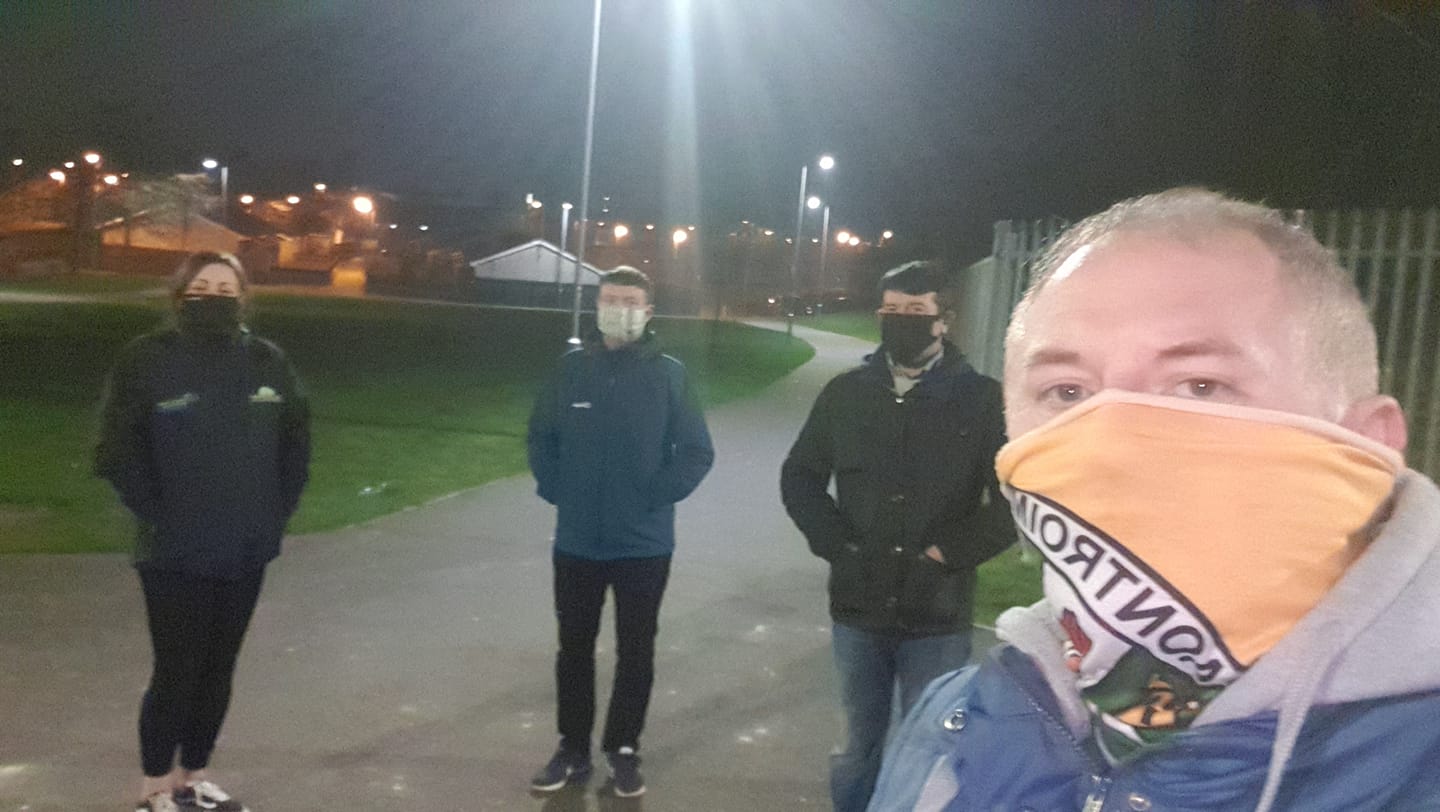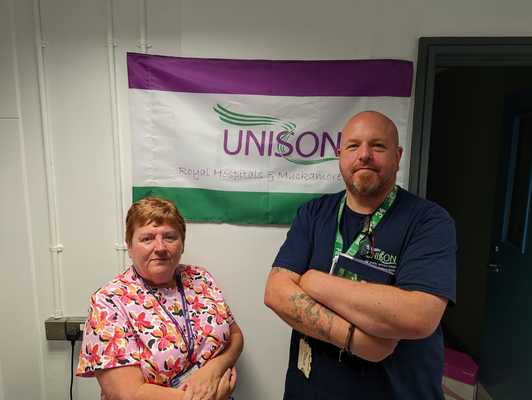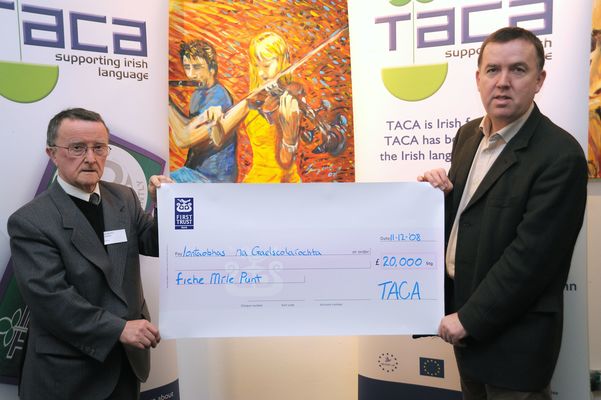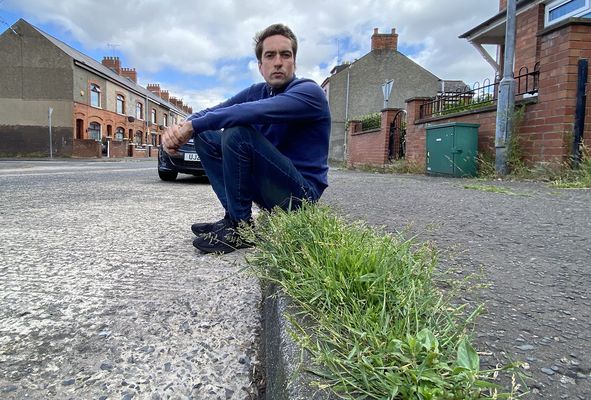WHEN anti-social behaviour in the Colin area reached the national and mainstream media last week local community reps could not help but feel disappointed.
Crowds of youths lighting fires undoubtedly makes for a good headline, but those who are tackling such issues on the ground insist it is not a reflection of the area or the positive work going on behind the scenes.
When youths set fires in Woodside forest last week, the national press made little or no mention of the volunteers who responded to the incident.
Local Sinn Féin Councillor and Colin Safer Neighbourhood Project (CSNP) volunteer Stephen Magennis said that community workers had resolved the incident “fairly quickly”.
“Everybody was working closely together to keep the area safe and keep the kids safe,” he said.
Demographically, it is estimated that there are over 35,000 people living in the Colin area.
The stewartstown road is already very busy with 11,12, 13 y.o about. We have broke up a fight already. pic.twitter.com/Jb5DaxOYbD
— Cllr Daniel baker (@danielbakersf) March 5, 2021
Michael George, who coordinates the partnership between CSNP and CRJI, said the area has “the fastest growing young population across the North”.
“You’re going to have, per head of capita, issues there, probably more so than other areas,” he said.
Lockdown has undoubtedly exacerbated anti-social behaviour, but Michael said it is being addressed through “great partnership work”.
Tony Silcock from Youth Initiatives believes Colin is leading the way in “coordinated responses and multi-agency approaches”.
Youth providers, community groups and others come together to engage with young people in the area “seven nights a week” with around “18 youth workers out on any given night,” Tony explained.
Anti-social behaviour is one area of work, but community groups have been working hard to stave off the worst effects of the current lockdown. They have worked to provide online youth programmes, educational support, accredited training, food parcels for the disadvantaged and more.
On the ground tonight engaging with the youth of the area with Ógra Shinn Féin. Its great to be out with such inspirational young men and women of The Colin area.
— Joe Baker SF (@Joebakersf) March 6, 2021
The area seems a lot quieter tonight and hopefully it stays that way.
Stay safe, Stay in touch. pic.twitter.com/VzTbmJ3zXg
As the area looks towards St Patrick’s Day, they have set out a coordinated and detailed plan that will look to reach out to young people who are most at risk.
Gina McDonald from the Colin Youth Development Centre said: “Everybody is involved in this approach, and it’s about targeting the most vulnerable and the most at-risk young people and engaging with them over the next week of two.”
The PSNI’s Chief Inspector for West Belfast, Peter Brannigan, said partnership with community groups is of “significant importance” to police.
He said that while a “majority” of young people are not committing criminal offences, gathering in crowds represents a breach of Covid regulations and is creating a “fear of crime” in the area.
Admittedly, the past weekend saw a spike in antisocial behaviour in the Colin area with community reps having to deal with various issues, including an assault on a Glider inspector. Brendan McAteer from the Colin Neighbourhood Partnership noted that incidents that often last “couple of minutes” end up being the main headline.
He said there is a “lot of positive stuff going on” with young people in the area but stressed that parents need to be responsible for their kids’ whereabouts and behaviour.
Amongst those engaged in positive work are some 30 plus young people who have completed and OCN qualification in Community Safety.
Sean Valente, Community Safety Officer at the Communities in Transition programme, said those young people are now “willing to go out onto the streets to help”.
“They’ve been helping through the pandemic by delivering the food, wellbeing packs, and things like that,” he said. “That’s the stuff that people don’t see.”








